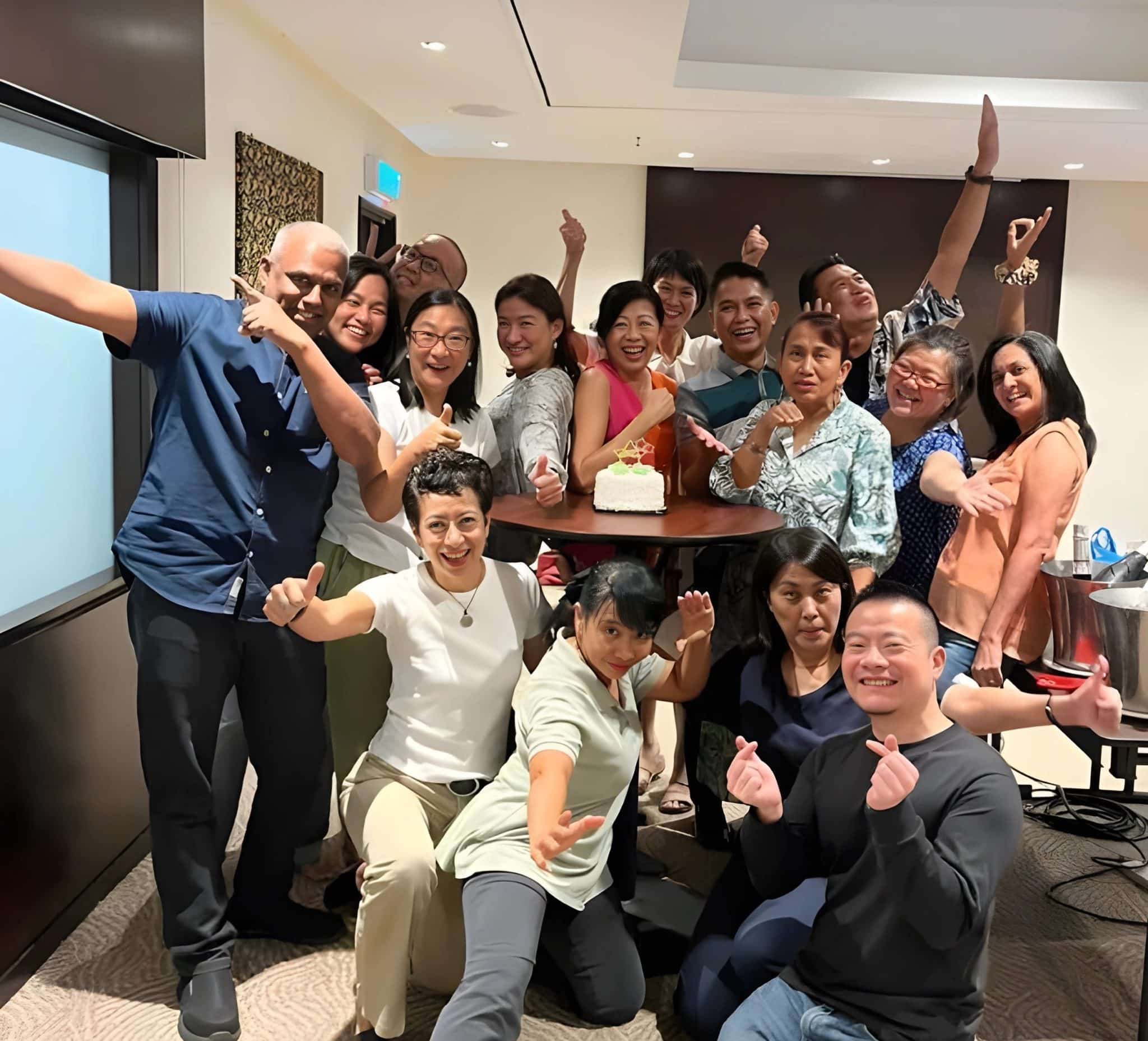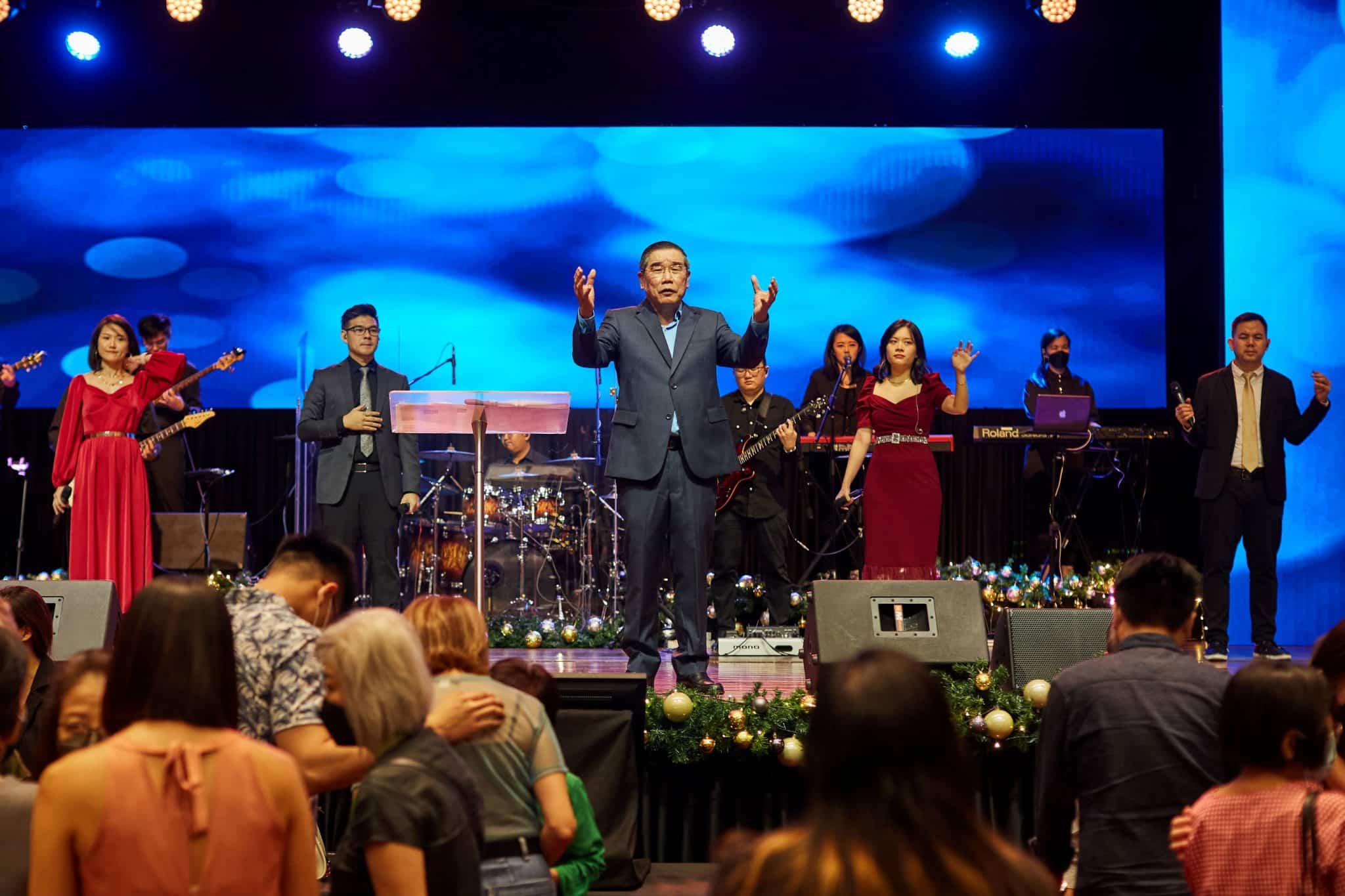What I learnt from God’s University in the Desert
Rod Denton // November 26, 2019, 6:00 am

Much of our development as leaders occurs away from the classes of formal training institutions but takes place in God’s University of the Desert, a place where even we are unaware of what is happening, except that God is at work in a sovereign way. Photo by Kyle Cottrell on Unsplash.
In 1964, Nelson Mandela was arrested and sentenced to life imprisonment on charges of incitement to sabotage, treason and violent conspiracy against the South African regime. He spent a total of 27 years in captivity, most of them in the notorious prison on Robben Island. For those long years he broke rocks, did hard labour, was beaten, and had no privileges. One day he walked out of the prison to change the world. (Adapted from Nelson Mandela’s autobiography Long Walk to Freedom)
A life of greatness is often birthed out of a time of preparation that is quite painful and costly.
Mandela’s story reminds us that a life of greatness is often birthed out of a time of preparation that is quite painful and costly. Leadership emergence – the process during which a leader is recognised by their peers as the leader of a firmly leaderless group – is an often underrated and overlooked season in the life of a leader.
His experiences remind us that much of our development as leaders occurs away from the classes of formal training institutions but takes place in God’s University of the Desert, a place where even we are unaware of what is happening, except that God is at work in a sovereign way.
In the company of good men
I remember returning from two years of study at Fuller Theological Seminary in America with my wife, Sue, and two young daughters. After much reflection, I realised that the most important lessons I learned in this season came not from the subjects that I completed for my master’s degree (as important as they were) but from the “subject” that God had prepared for me called Walking By Faith.
In this subject I learned to trust God for my financial needs at a time when I received no salary or support. Sue and I experienced God’s provision for our medical needs, our housing needs, our girls’ unique schooling needs and many others.
Learning to trust Him completely was an important part of my leadership formation.
All in all, entry into God’s University of the Desert was quite unexpected and unpredictable, but one where we learned to look to Him to find that all of our needs would be met by Him alone. Learning to trust Him completely was an important part of my leadership formation.
And as I gave closer attention to the Scriptures, I realised that Sue and I were in good company with Job (Job 2), Joseph (Genesis 37:36), Abraham (Genesis 2:1-7), Moses (Exodus 2:15), David (1 Samuel 22:1-2), John the Baptist (Luke 3:2-3), Jesus (Luke 4:1-2), Paul (Galatians 1:16-17) and the Apostle John (Revelation 1:9).
All of these men were graduates from the University of the Desert. Unfortunately, some people fall away from God’s unfolding purposes in this season and, sadly, the world in which they live suffer a great loss.
Surviving leadership emergence
To help you gain some perspective on your journey, here are some guidelines that have been of great value to me in my leadership emergence experiences.
1. It’s a season or series of seasons where God is sovereignly preparing you for a future that He has planned for you in the fullness of His time.
2. It has much to do with your character development. Your competence can only realise its full potential when it is based on a strong Christ-like character.
God tests our hearts to approve us and entrust us with the Gospel.
3. It focuses heavily on your development in the area of self leadership. The hardest person you will ever have to lead is yourself and you can only expect to lead others to the extent that you have gained mastery in leading yourself. It’s unlikely that a church will rise above the level of its leaders.
4. It’s a time of testing. Emerging leaders should not be promoted on their potential alone. That’s why Paul said to Timothy, “Do not be hasty in the laying on of hands” (1 Timothy 5:22). Paul explains God’s leadership emergence process to the church at Thessalonica – God tests our hearts to approve us and entrust us with the Gospel (1 Thessalonians 2:4).
5. It’s a time of shaping our identity not in what we do, but in who we are. We are human “beings” before we are human “doings”. Leadership emergence seasons can be times of humbling where God wants to know that His glory is safe in our hands and that our identity flows out of our relationship with His Son.
6. It’s a time when our attitude will be tried and tested. I can’t imagine the extent to which Mandela had to make difficult attitude decisions as he was treated so cruelly on Robben Island, and in the following years where he forgave his captors for the pain they inflicted on him. A person in leadership with unresolved attitudes from the past is in danger of creating a toxic environment in an organisation.
A person in leadership with unresolved attitudes from the past is in danger of creating a toxic environment.
7. It’s a time of learning to trust God in all the experiences of life – God’s timing (Mandela was in jail for 27 years, Moses was in the desert for 40 years), life’s disappointments and failures, God’s open and closed doors, God’s provision when we are faced with God-sized challenges that take us beyond our resources and so many other testing experiences.
8. It’s a time where we arrive at a clear understanding of our SHAPE (Spiritual gifts, Heart’s desires, Abilities, Personality and life’s Experiences). This will contribute to a focussed awareness of God’s purposes for our lives and, like Paul, be able to say “this one thing I do”, not “these many things I dabble in”.
9. It’s a time where we learn to willingly come under authority. This would not have been easy for Mandela nor was it for many of those who rose to significant positions of leadership in the Bible. It is never advisable to place a person in a position of authority until they have first of all learned to come under authority.
10. It’s a time where we decide what price we are prepared to pay in the life of service that God has chosen for us. Will we be like the merchant who sold everything to buy the pearl of great value (Matthew 13:45-46)?
Life on Robben Island was a critical time in the life of Mandela. It is interesting to ponder what future there might have been for him if he had not gone through this University of the Desert.
This article was first published on Rod Denton: Equipping The Next Generation and is republished with permission.
We are an independent, non-profit organisation that relies on the generosity of our readers, such as yourself, to continue serving the kingdom. Every dollar donated goes directly back into our editorial coverage.
Would you consider partnering with us in our kingdom work by supporting us financially, either as a one-off donation, or a recurring pledge?
Support Salt&Light



